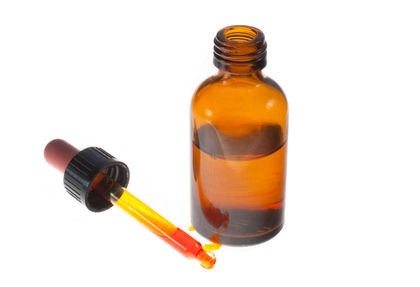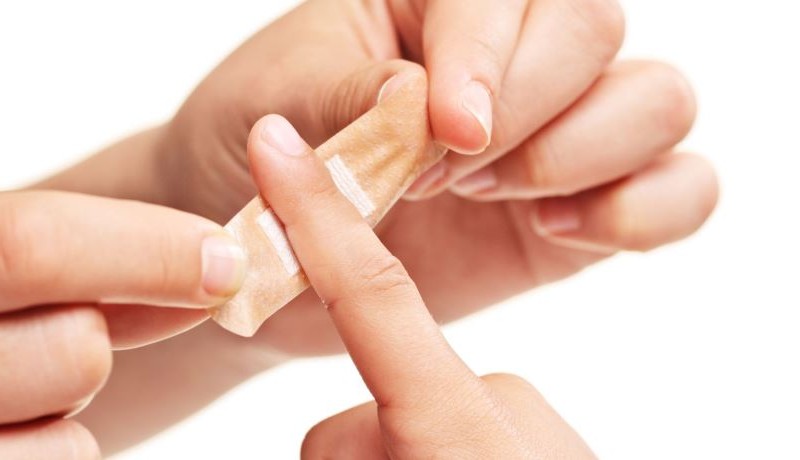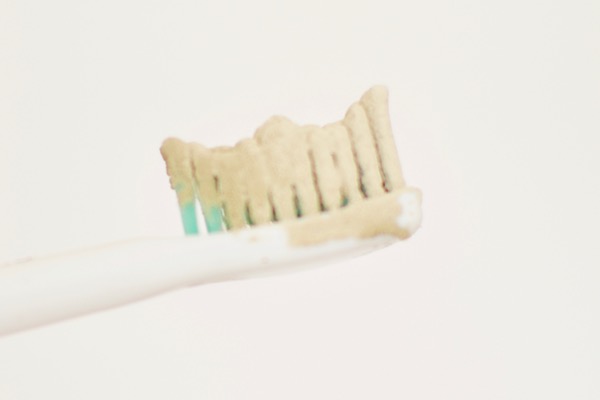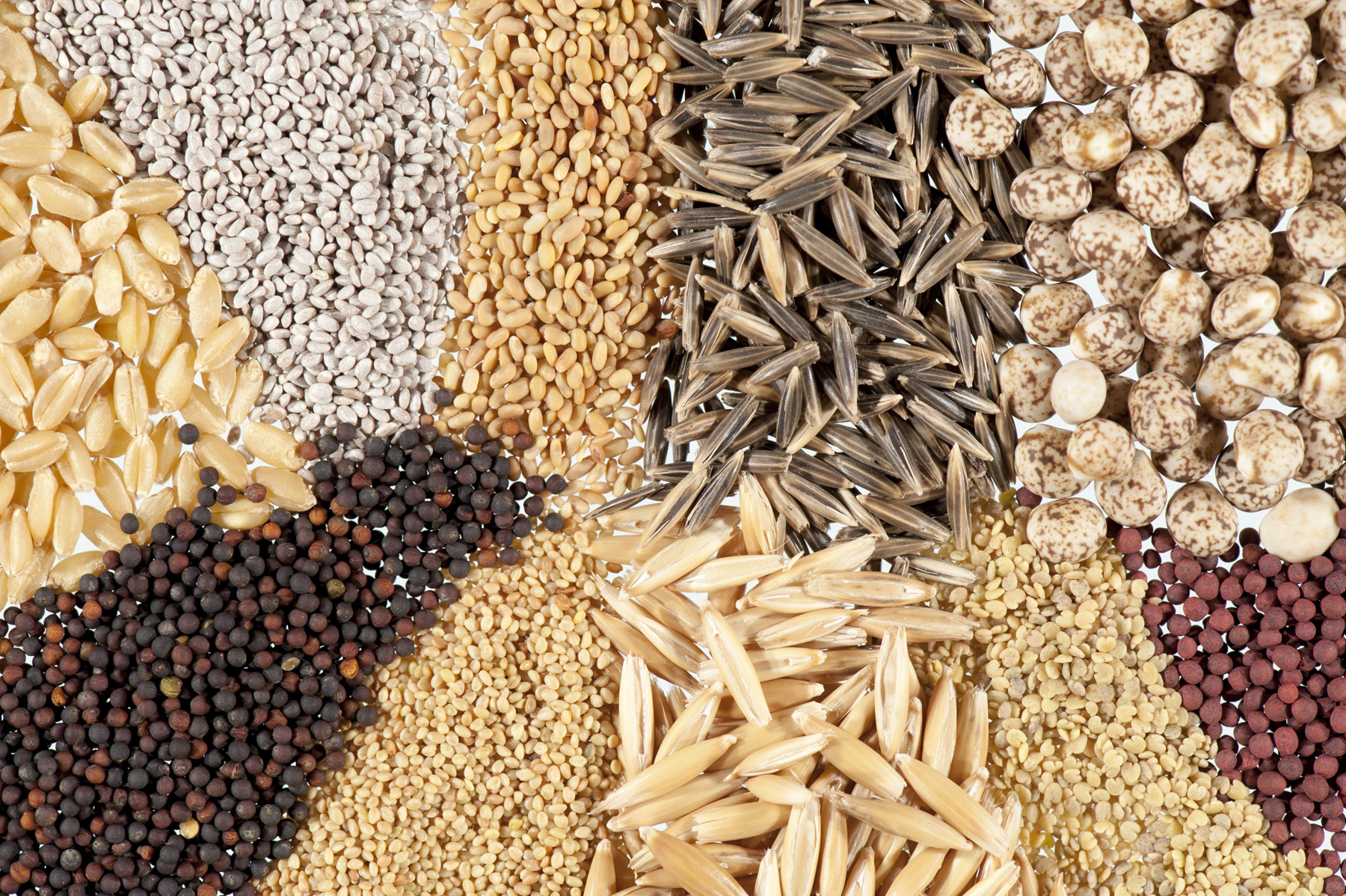Not sure what’s bothering you? You may be experiencing symptoms of iodine deficiency.
The human body requires a broad range of minerals in order to function. Sodium and potassium keep fluids in balance, zinc maintains the immune system, and iron promotes the production of red blood cells. These are all the most well-known nutrients, but there are many more you’ve probably never heard of: cobalt, glutamine, cobalamin, arginine, and the list goes on. Iodine is a nutrient your body cannot function without. In fact, the symptoms of iodine deficiency make it clear you need to get enough iodine in your diet OR ELSE!
Iodine is a mineral found in seafood and products that come from near the ocean. Its primary function is to keep your thyroid gland functioning properly. This is a lot more important than you’d think, as the thyroid gland is responsible for:
- Your metabolism
- The synthesis of protein
- Heart rate
- Blood flow to your organs
- Energy production
- Oxygen uptake into the cells in your body
- Bone health
- Brain growth and development
- Reproductive function
- and the list goes on!
When you don’t get enough iodine in your diet, you may develop symptoms of iodine deficiency—or even iodine deficiency disorder (IDD). This can lead to problems with your thyroid gland (including hypothyroidism), but the real threat is to pregnant women.

READ MORE: The Many Signs of Anemia You Need to Know About
A lack of iodine is linked to brain damage, mental retardation, miscarriages, infertility, premature delivery, low birth weight, and low IQ. It’s vital for mothers to consume sufficient iodine to keep their children healthy as they carry them to term. Not enough iodine in your diet, and your child may suffer as a result.
How can you tell if you have an iodine deficiency? The symptoms of iodine deficiency are similar to the symptoms of other disorders, but there are a few that make it clear what’s going on. Symptoms of iodine deficiency include:
- Fatigue and lethargy
- Muscular weakness
- Unusual and unexplained weight gain
- Feeling cold, even on days that are warm and sunny
- Depression
- Hair loss
- Dry skin
- Weak and slow heartbeat
- Constipation
- Puffiness of the skin and face
- Enlarged thyroid gland
All of these things are common with thyroid conditions, which can often be the result of a lack of iodine.
So how much iodine is “enough” for you to eat? According to the WHO, adults need about 150 IU of iodine per day. For pregnant women, it’s recommended to get as much as 250 IU. Children need between 90 and 120 IU per day, depending on their age. This is sufficient to keep them healthy as they are growing and developing.
How can you get more iodine in your diet? It’s not as hard as you’d think!
Seafood like shrimp, crab, fish, and scallops are an excellent source of iodine. In fact, adding a couple of seafood meals to your weekly menu is often enough to seriously increase iodine intake.
Some meats even offer significant amounts of iodine, like New Zealand lamb.
The real bonus comes in the form of foods that contain iodized salt. These foods include commercial bread products, dairy products, eggs, and some pre-packaged foods. You can also buy iodized salt to use in cooking, thus increasing the amount of iodine in your diet.
Be warned: eating too much iodine can be just as bad as not enough. High-iodine diets can lead to a number of health problems, so it’s vital you limit yourself to the daily recommended dosage. With a solid 150 IU (250 IU for pregnant women), you can reduce your risk of IDD. Better to stick to a healthy diet than have to deal with the symptoms of iodine deficiency!








